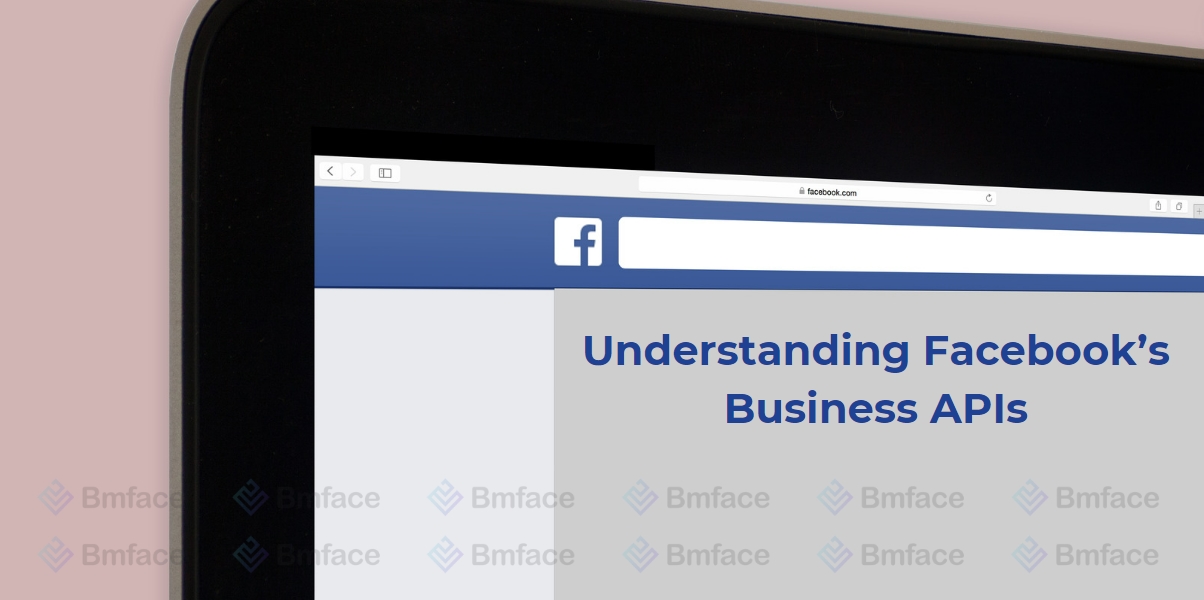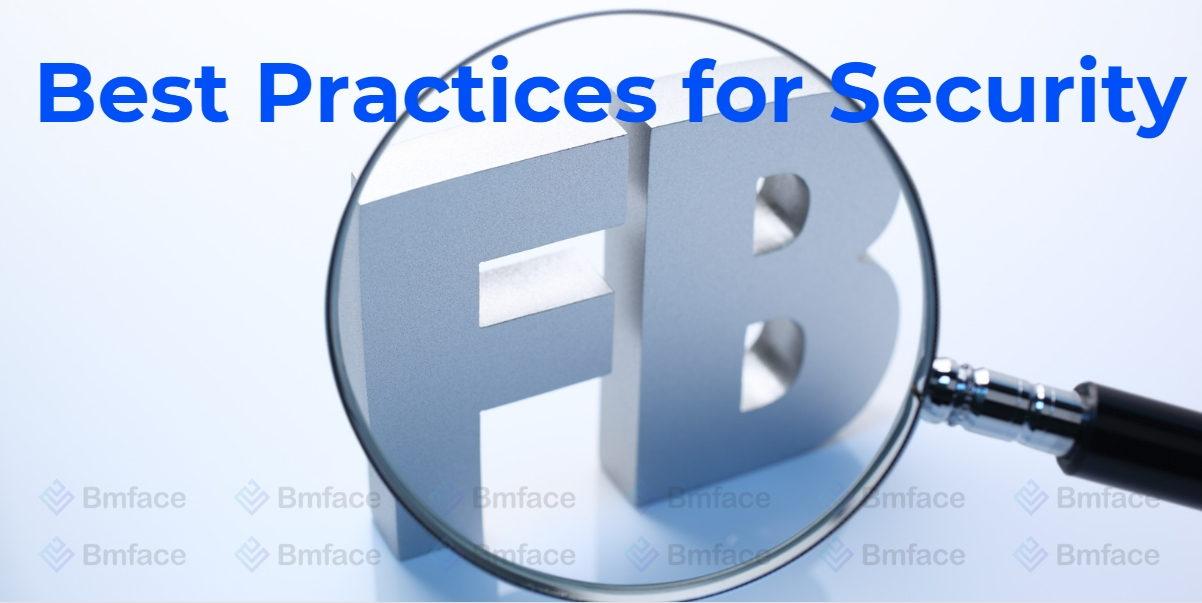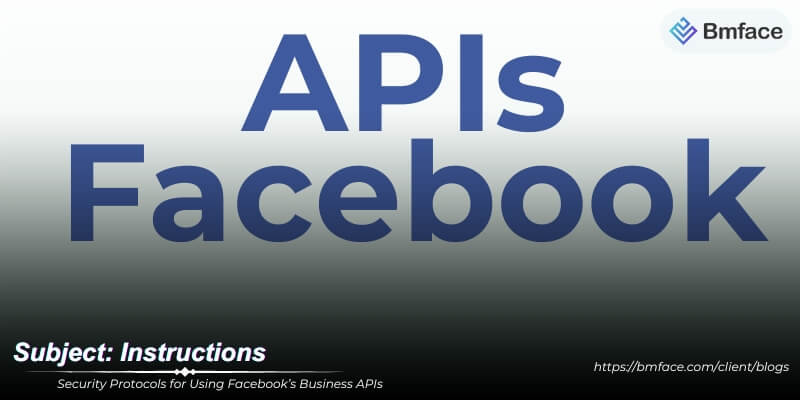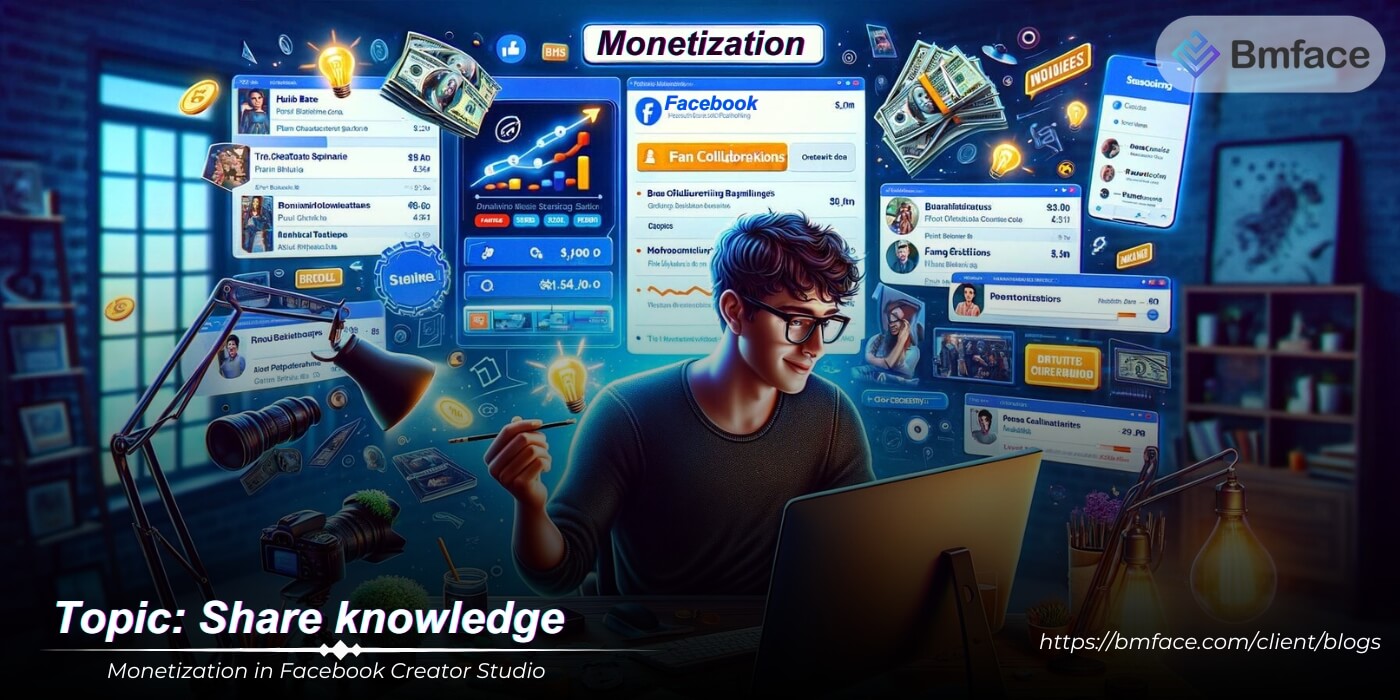As businesses increasingly integrate Facebook’s APIs into their systems for enhanced functionality and customer engagement, ensuring robust security protocols is paramount. This article examines the critical security considerations and best practices when utilizing Facebook’s Business APIs.
Understanding Facebook’s Business APIs

Facebook's Business APIs indeed offer a wide range of functionalities that empower businesses to streamline their operations and enhance their engagement with customers. Here's a breakdown of some key features and benefits of these APIs:
-
Ad Management: Businesses can use Facebook's Ads API to create, manage, and optimize their advertising campaigns across Facebook, Instagram, Audience Network, and Messenger. This API allows for precise targeting, automated bidding, and performance tracking, enabling businesses to maximize the effectiveness of their ad spend.
-
Insights and Analytics: The Business Insights API provides businesses with access to valuable data and analytics about their Facebook Pages, ad campaigns, and audience demographics. By leveraging this data, businesses can gain deeper insights into their performance, understand customer behavior, and make data-driven decisions to improve their marketing strategies.
-
Messenger Integration: With the Messenger API, businesses can integrate Facebook Messenger into their customer communication workflows, enabling seamless messaging experiences for users. This API allows businesses to automate responses, manage conversations at scale, and provide personalized support to customers through Messenger.
-
Lead Generation: Facebook's Lead Ads API enables businesses to collect leads directly from Facebook and Instagram ads, streamlining the lead generation process. Businesses can customize lead forms, capture customer information, and sync leads with their CRM systems, enabling efficient follow-up and conversion.
-
Customer Engagement: Through APIs like the Pages API and Messaging API, businesses can enhance their customer engagement strategies on Facebook and Messenger. These APIs allow businesses to automate responses, send targeted messages, and provide personalized experiences to customers, fostering deeper connections and loyalty.
Overall, Facebook's Business APIs offer businesses a comprehensive suite of tools to automate processes, analyze data, and engage with customers more effectively across the Facebook family of apps. By leveraging these APIs, businesses can unlock new opportunities for growth, improve their marketing ROI, and deliver exceptional customer experiences in today's digital landscape.
Security Challenges and Risks

Indeed, security is a critical aspect of integrating Facebook's Business APIs into business operations. Here are some key security challenges and risks associated with API integration:
-
Data Privacy: One of the primary concerns is the protection of user data accessed or managed through the APIs. Businesses must ensure that sensitive user information, such as personal identifiers or financial data, is securely handled and protected from unauthorized access or disclosure.
-
Authentication and Authorization: Proper authentication and authorization mechanisms are essential to prevent unauthorized access to APIs and sensitive data. Businesses should implement strong authentication methods, such as OAuth, and enforce granular access controls to limit API access to authorized users and applications.
-
Data Validation and Sanitization: Input validation and data sanitization are crucial to prevent common security vulnerabilities such as XSS or injection attacks. Businesses should validate and sanitize all input data received from external sources before processing it to mitigate the risk of malicious code execution or data manipulation.
-
Secure Communication: Ensuring secure communication channels between client applications and API endpoints is vital to protect data during transit. Businesses should use HTTPS encryption and TLS protocols to encrypt data exchanged over the network and prevent eavesdropping or data interception by malicious actors.
-
Threat Detection and Monitoring: Implementing robust threat detection and monitoring capabilities allows businesses to detect and respond to security incidents in real-time. Businesses should monitor API usage patterns, audit logs, and implement anomaly detection mechanisms to identify potential security threats or unauthorized access attempts.
-
Compliance and Regulatory Requirements: Businesses must adhere to relevant data protection regulations, such as GDPR or CCPA, when handling user data through APIs. Compliance with these regulations requires implementing appropriate security measures, obtaining user consent, and providing transparency about data handling practices.
By addressing these security challenges and implementing robust security measures, businesses can mitigate the risks associated with integrating Facebook's Business APIs and ensure the confidentiality, integrity, and availability of sensitive data. Additionally, regular security assessments, audits, and proactive measures to stay updated on emerging threats are essential to maintaining a secure API environment.
Best Practices for Security

To mitigate security risks when using Facebook’s Business APIs, businesses should adhere to best practices such as:
-
Authentication and Authorization: Implement robust authentication mechanisms, such as OAuth 2.0, to ensure that only authorized users and applications can access the APIs. Utilize granular permissions to limit access based on the principle of least privilege.
-
Data Encryption: Encrypt sensitive data both in transit and at rest to prevent unauthorized interception or access. Use industry-standard encryption protocols like HTTPS/TLS for secure communication channels.
-
Input Validation and Sanitization: Validate and sanitize all user input to prevent injection attacks and other forms of exploitation. Apply strict input validation rules to filter out potentially malicious input.
-
Monitoring and Logging: Implement comprehensive logging and monitoring mechanisms to track API usage, detect anomalies, and respond to security incidents promptly. Regularly review logs and audit trails to identify unauthorized access attempts or suspicious activities.
-
Regular Security Audits: Conduct regular security audits and assessments of the integrated systems to identify vulnerabilities and weaknesses. Address any identified issues promptly through patching, updates, or configuration changes.
Conclusion
In conclusion, while Facebook’s Business APIs offer significant benefits for businesses, ensuring robust security protocols is essential to safeguard sensitive data, maintain user trust, and mitigate potential risks. By adhering to best practices such as authentication, encryption, input validation, monitoring, and regular audits, businesses can leverage Facebook’s APIs securely and maximize their value while minimizing security vulnerabilities.
For more insights and updates on effective social media strategies, make sure to follow Bmface and our tutorial blog, where we share the latest and most effective content marketing tips.
Cảm ơn bạn đã theo dõi bài viết. Mua hàng tại Bmface.com để ủng hộ đội ngũ Admin viết thêm nhiều bài viết hay. Xin cảm ơn!
































